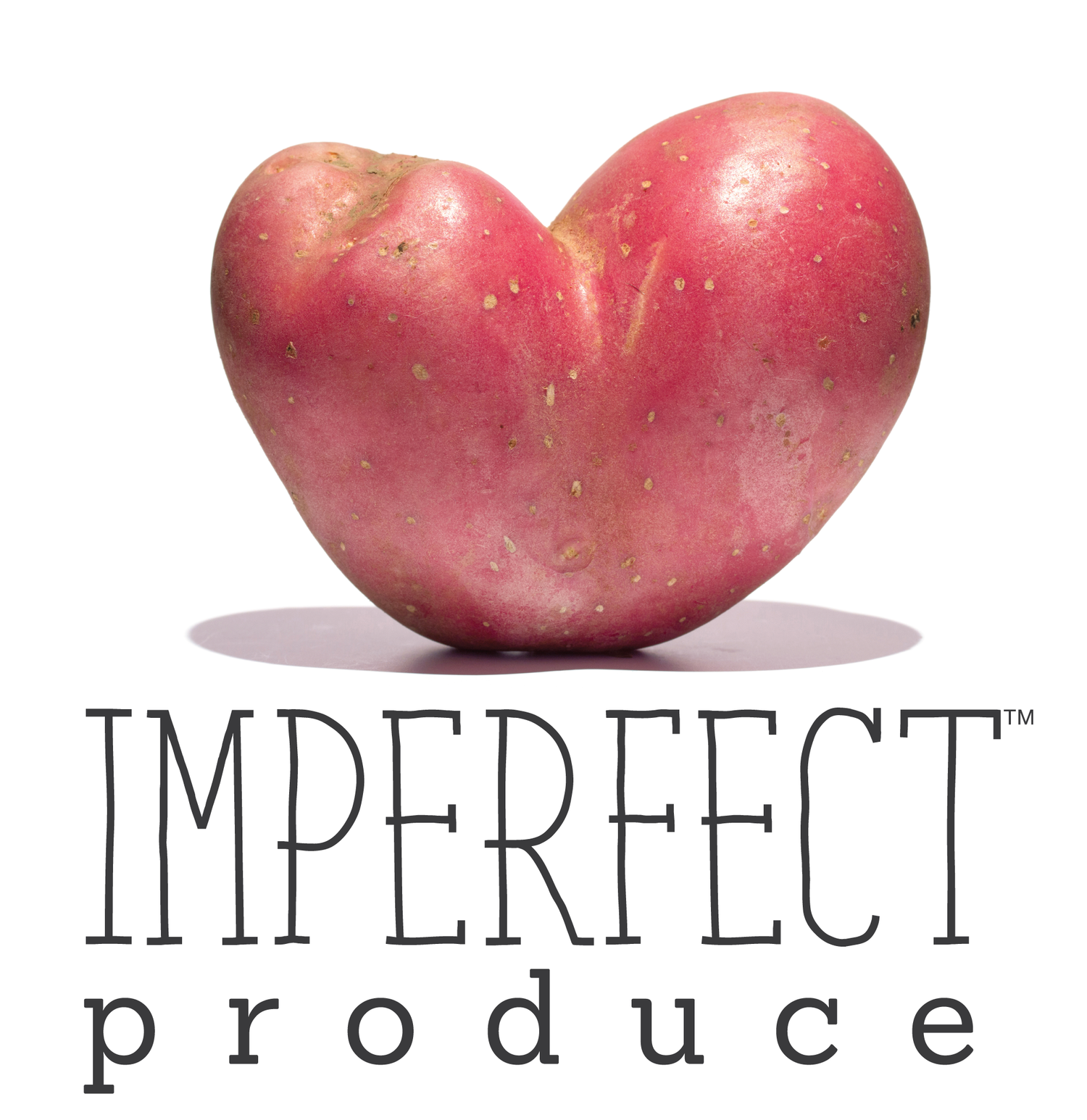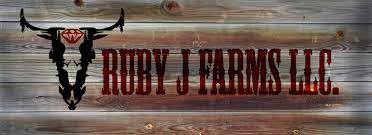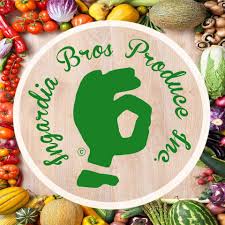Years ago, an executive at a national, high-profile grocer finished shopping. Known for his boardroom temper and short fuse, he proceeded to chew out the poor teenage courtesy clerk on duty bagging his order who, the executive viewed, was too slow and inefficient.
That’s a great example the executive showed on how NOT to treat people.
In fact, the grocer-centric job title “courtesy clerk” suggests that the job is about courtesy first, and performance second. If anything, the corporate executive missed a glorious chance at teaching the opposite: building a stronger corporate culture, enhancing customer-employee relationships, instead of bullying in the workplace.
This reminds me of a quote I once read: “The greater the man, the greater the courtesy.”
This certainly demonstrates that courtesy, and by extension professionalism, begins at the top. Or it should. I think about how Chick-fil-A, one of the hottest restaurant chains, instills in its employees the power of courtesy.
“Absolutely, right away,” or “Of course, my pleasure,” are standard phrases. Besides serving a great product, the chain sets sales records, regularly attracts a crowd, and isn’t even open on Sundays.
That’s delivering a great product, in an efficient manner, with a smile. Courtesy.
Produce departments, if managed well, can have the same effect. Greet customers, get to know them, offer assistance, offer a genuine smile. Customers, in turn, will return the good vibes and buy lots of fresh produce. Ignore customers, be rude or act like they’re an inconvenience? They’ll eventually get that message, too, and shop elsewhere.
Courtesy works on the sales floor, with interactions between customers, with fellow employees and upper management, whether you’re the new kid or the seasoned executive directing others.
It certainly isn’t an easy task. We all get caught in traffic, have quarrels with others in and outside our business circles. But the company that instills positive cooperation, professionalism in acts, and even in language used, is generally the organization that comes out ahead in the end.
Tom Farmer, CEO of Kwik-Fit, once said, “The decision to do that extra bit must be embedded in the company’s culture.”
Sometimes that extra bit simply means looking out for one another. It could be helping someone select a pineapple or taking a senior’s order to their car. Or covering a late produce shift to help someone out. It could be a store manager calmly discussing why a produce manager had too much overtime the week before, instead of getting upset.
Taking a moment to think about “that extra bit” — courtesy — can change how a day goes for anyone. At many given points, we should all be courtesy clerks.
Armand Lobato works for the Idaho Potato Commission. His 40 years’ experience in the produce business span a range of foodservice and retail positions. E-mail him at [email protected].
Related
A little mind-reading in the produce aisle
First impressions matter, even from the curb















